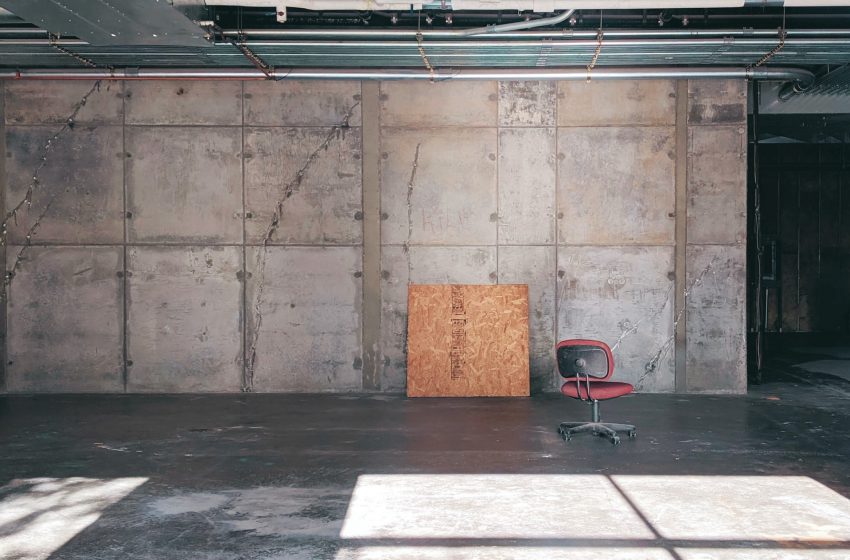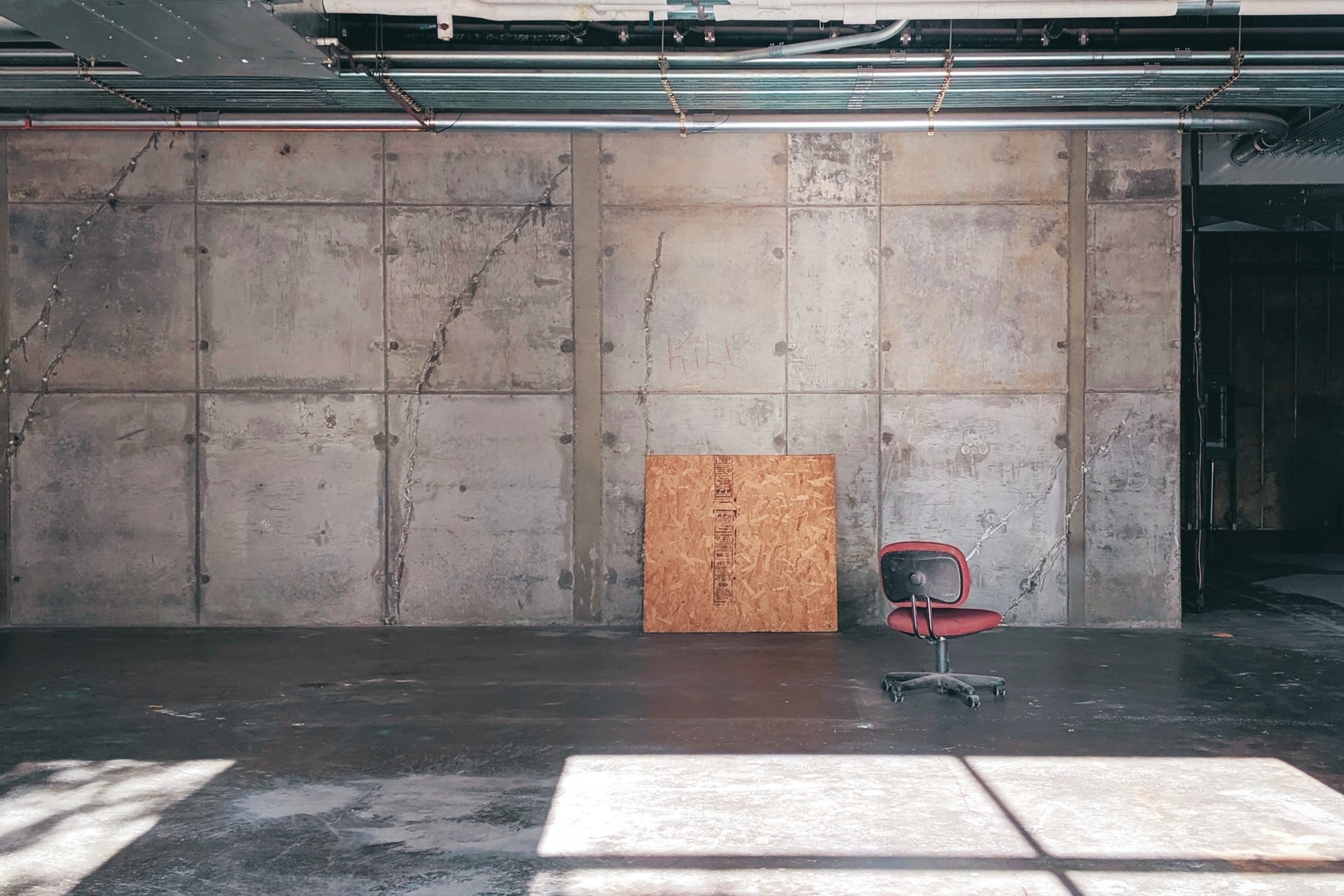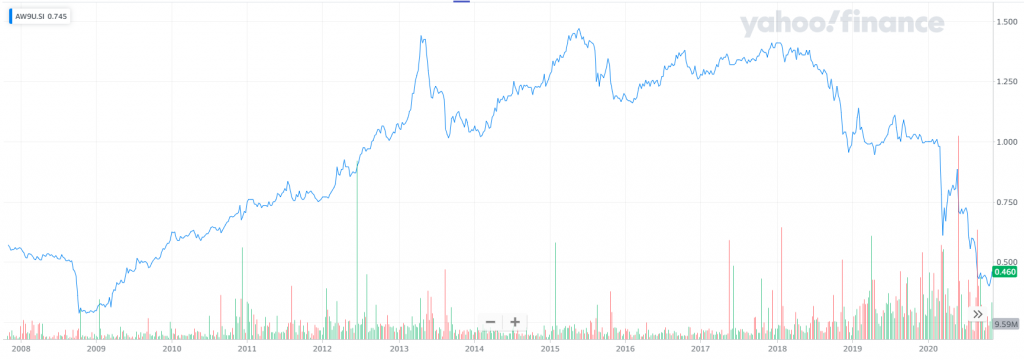Three causes there gained't be considered a 2021 housing industry crash

Is First REIT Worth Buying After Its Lease Restructuring?

Here’s what you exactly have to know about First REIT’s recent lease restructuring announcement.
For years, First REIT (Ticker: AW9U.SI) would be a market darling.
And it separated itself because it was different from the rest of the big Singapore REITs.
First was a perfect way to invest in Indonesia's growing healthcare needs.
At once, First's portfolio grew to 20 hospitals and nursing homes.
In fact, its stock price had more than doubled and the market was valuing its properties at a modest SGD1.12 billion.
But, on 29 Nov 2021, First announced a restructuring of their 14 Indonesian hospitals' rental agreement.
By Oct 2021, First's stock price plunged 70% from the previous high in 2021.

At first glance, First seemed to be a victim of the pandemic crisis.
And much like many other Singapore retail and commercial properties, its rent collection suffered.
But that isn't the full story.
You see, First buys hospitals from the sponsor, Lippo Karawaci, a mega Indonesian property developer and owner.
Lippo then rent these hospitals from First, so Lippo wouldn't need to bother about managing the properties themselves.
Simply put, First manages Lippo's hospitals and collected rent from its sponsor.
This is also called a master lease agreement.
Now, this agreement were built with a very special “currency hedge”. Lippo was willing to take away the currency risk shrouding First's Indonesian hospitals, if you are paying rent in Singapore dollars.
But more to the point, the rent was pegged to Singapore's inflation rate.
This hedge worked perfectly for investors.
Especially since the Indonesian Rupiah has historically depreciated from the Singapore dollar.
This provided investors a stable source of dividend payout.
What isn't well-known here is this.
Because of the hedge, Lippo was paying a lot more rent than the hospitals' business could possibly cover. So, if you check out Lippo's hospital operator, it was earning a really low profit margin.
This special rent agreement inflated the hospitals assets.
And it was expensive for Lippo to maintain rent by doing this.
Now, it's no secret that Lippo is experiencing debt. While Lippo owned many land in Indonesia, it often ran into cash flow issues.
At some point, Lippo had around US$870 billion worth of debt, it had to restructure their assets to beat liquidity problems.
When the pandemic crisis hit, Lippo's hospital business almost entered trouble. It had no choice but to default about this special rent arrangement.
First's DPU Will Face the Full Force of Currency Risk
Initially, the new restructuring terms look acceptable.
First was happy to replace the existing base rent close to 2% yearly rise with a higher, fixed 4.5% rate.
Also, its variable rent will have an annual rise of 8% of First's gross rental income.
Previously, First's variable part of the rent had not crossed around 3% annually over the past three years.
These new terms were put in to make up for the immediate rental income drop.
As shared within their presentation, rental income will fall by around 39% to SGD56.7 million after the restructuring.
As far as I'm concerned, the biggest risk for investors is that this.
Even though First wanted to provide better rent growth for unitholders, it decided to remove the most critical piece of its existing rental terms – its special currency hedge.
With this hedge removed, investors will nakedly face the entire force of the Indonesian Rupiah depreciation.
That's why, for me, First's distribution per unit (DPU) is going to face huge uncertainty.
In fact, in the latest third quarter financial results, First's DPU has already plunged 53% to 1.01 cents per share because of a much lower inpatient traffic to the hospitals.
Since the beginning of this year, it's DPU fell an overall 48.7% to 3.31 cents per share.
Investors will see further drop in their dividends payout.
Remember, a Singapore-listed REIT pays out at least 90% of their net earnings as dividends to entitled to the corporate tax incentives.
New Lease Structure Will Eliminate 30% of First's Property Value
At its heart, First single handedly gutted its hospital assets.
Its entire properties' value, after the restructuring, will drop by around 30% to SGD942 million.
Its net asset value per unit (NAV/unit), is going to be halved from 97 cents per unit to 49 cents per unit.
To unitholders, NAV per unit is really a proxy for the value of a REIT's assets.
What's worse is its leverage is going to jump.
After First's restructuring, its gearing ratio will rise from 36% to 48.6%, which is very close to MAS's gearing limit of 50%.
Its bank lenders are likely to charge First a much higher borrowing rate, now that it's left with a wrecked balance sheet.
What this also means for investors is also, they are going to face a lower dividend payout from a much weaker rental term, they'll get massively diluted.
And it is because First will be forced to raise new shares to lower your its leverage to comply with MAS's gearing limit.
First REIT's DPU is Just Not The Same Anymore
No one knows how the pandemic will continue to impact these hospitals or the way the Indonesian Rupiah will fair against the Singapore dollar.
But what's certain is the very favorable special rent arrangement that was once promised to unitholders has disappeared.
With First's facing a lower DPU, and today much lower quality assets, investors will even to expect a lower dividend payout.
For me, if I'm looking to build wealth for my portfolio with growing dividends, this is one REIT probably I'll stay away from for now.
That's it for now.
Always here for you,
Willie Keng, CFA





